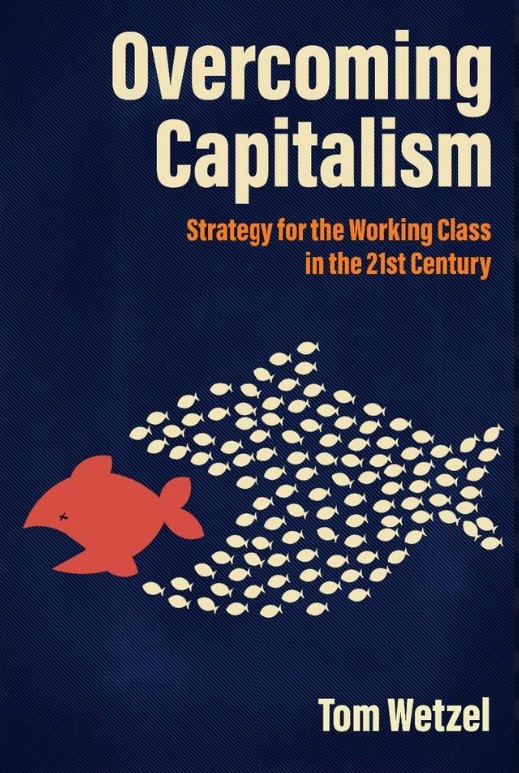An important theory about the relationship between capitalism and technological development is “historical materialism” — Marx’s theory of history. Marx’s theory looks at the way society has been formed into “modes of production.” Modes of production are ways that a society is organized to make a living from nature. In Marx’s hypothesis, a “mode of production” has two parts. The “social relations of production” are the way the economy is structured through systems of class power. My description of the structural components of capitalism earlier in this chapter is a description of capitalism’s “social relations of production.”
The second component of a mode of production is the “forces of production” that have been developed in that society. The forces of production include both the humans who work in production and their skills and know-how as well as the land, buildings and equipment they work with. In other words, everything included under “technology” as I defined it. Marx notes that various conflicts can occur between the “forces of production” and the “social relations of production.” For example, a major depression such as occurred in the 1930s can slow down or block technological development because capitalists stop investing in real improvements in society’s productive capacity if they can’t make a profit doing so. More generally, capitalism can “fetter” or block development of production of some things because they aren’t profitable to produce.
The theory of historical materialism can be interpreted in different ways. In the first half of the 20th century both social-democratic and Leninist Marxists tended to identify “development of the productive forces” with technological “progress.” This is sometimes called the “orthodox” version of the theory. This version of the theory is committed to the idea of the primacy of development of the productive forces over social relations of production in history. Thus the tendency towards technological advance is regarded as a trans-historical force that can blow up inadequate systems of “social relations of production.” The idea is that technological development is “inherently progressive” because it builds a potential for improved living standards. This also assumes that the tendency towards the development of the productive forces is a class-neutral force since it is independent of — and prior to — the class structure. The idea that technological development under capitalism is class-neutral and inherently progressive is called “productivism.”
A fundamental defect of this theory is that it reverses cause and effect. In reality, the capitalist social relations of production largely shape the form of technological development that takes place within the capitalist regime. Capitalism has an inherent tendency to degrade work, damage worker health, and degrade the environment. This is why green syndicalists reject “productivism.”

